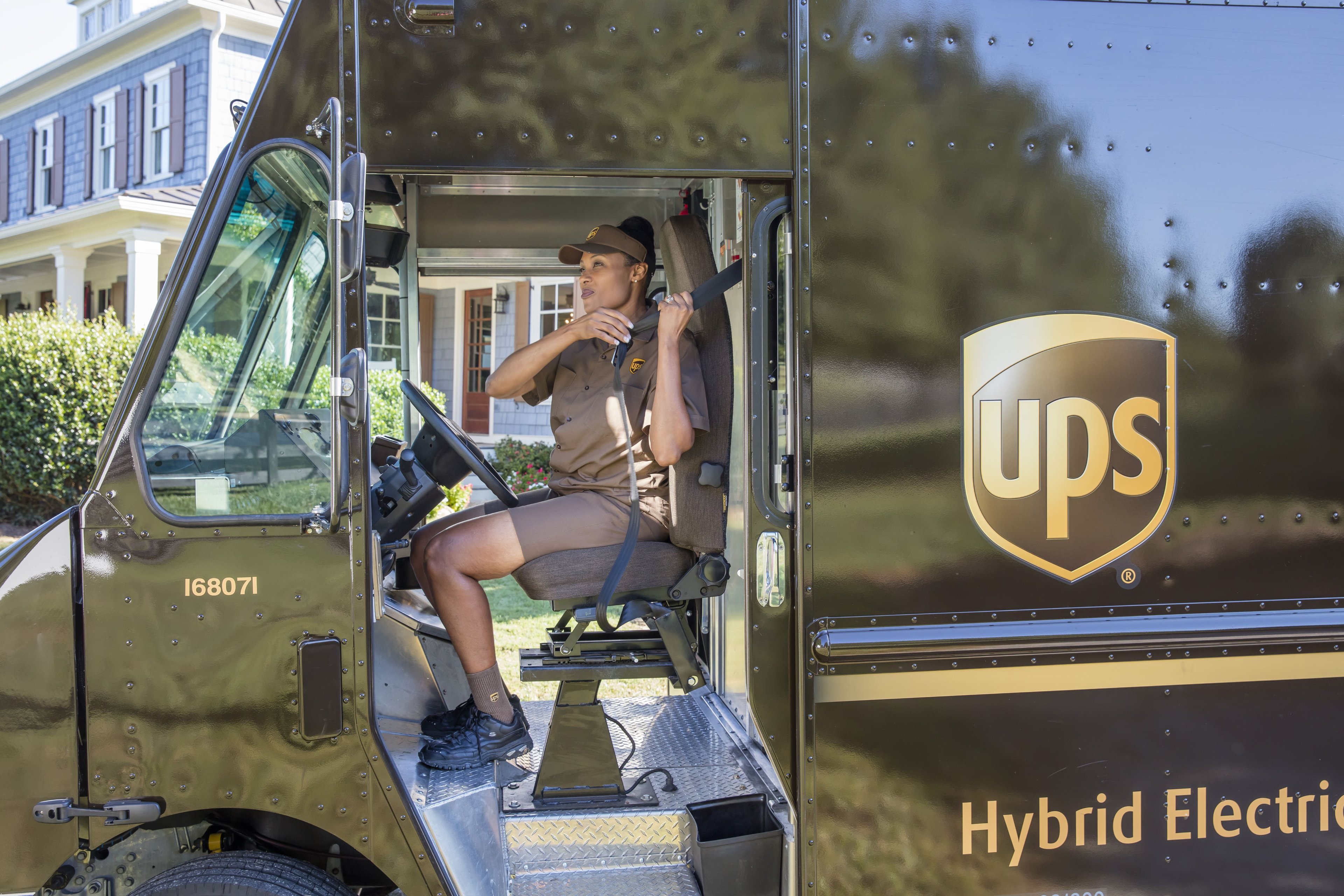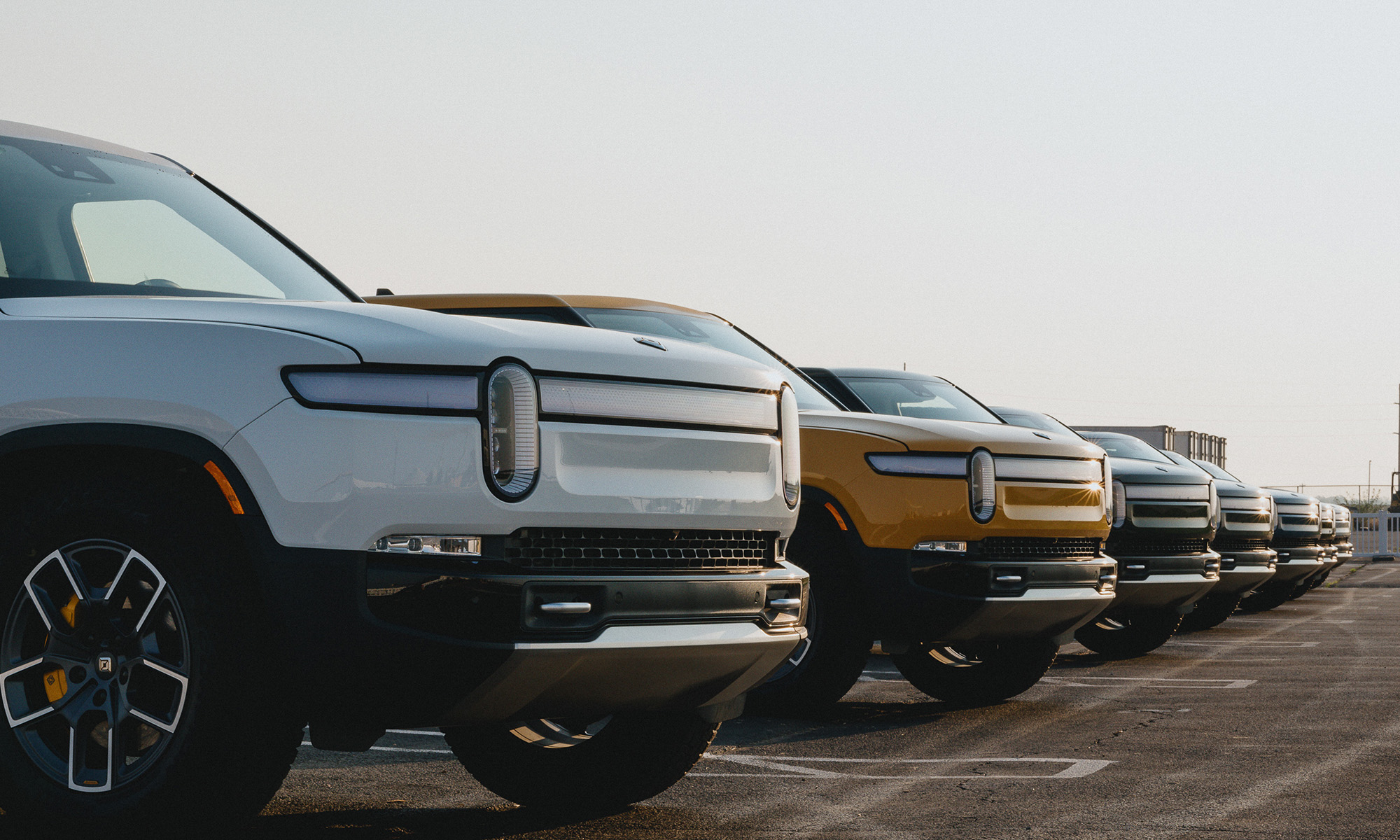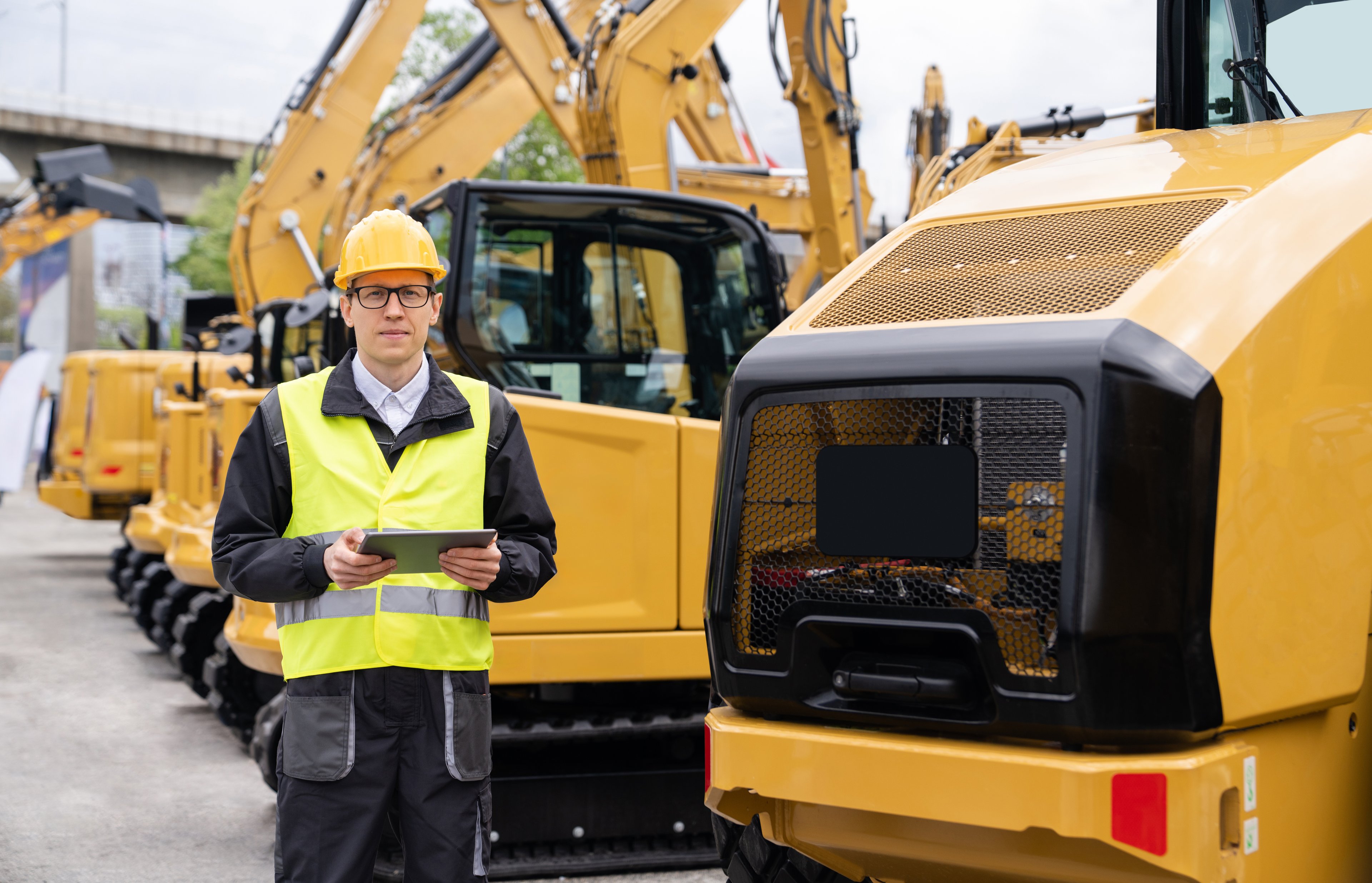
Artist's rendition of Blue Origin's gigantic new space factory. Image source: Blue Origin.
With plans to launch 18 rockets this year, and conduct 24 launches (or more) in 2017, SpaceX is off to the races. But here's the thing: To run a race, you need at least two racers.
SpaceX and the rest
United Launch Alliance -- Boeing (BA 1.21%) and Lockheed Martin's (LMT +0.39%) joint venture, most often considered SpaceX's most formidable rival -- is, like SpaceX, expected to book its busiest launch year ever in 2016. But even so, Boeing and Lockheed only plan to launch 15 rockets this year, three fewer than SpaceX. European rival Arianespace is targeting 12 launches.
So with Boeing and Lockheed beat, who does that leave for SpaceX to race against?
To the edge of space, and beyond
To date, SpaceX has launched dozens of rockets into orbital flight, and has scores of similar missions on its manifest awaiting launch in years to come. Meanwhile, billionaire Jeff Bezos has parlayed his Amazon fortune into a new privately owned space tourism company -- Blue Origin -- and he's hot on Elon Musk's heels in the race to space. So far Blue Origin has only succeeded in sending rockets into high sub-orbit, but it's done this four times already -- and landed those rockets safely every time (which is more than SpaceX can say).
And Bezos has bigger ambitions than "just" launching tourists to the edge of space for a lookabout, then bringing them back down again. Like Musk at SpaceX, Bezos eventually plans to transform Blue Origin into a true orbital carrier, capable of launching rockets into space and keeping them there.
To facilitate that dream, last month Bezos broke ground on an "orbital vehicle manufacturing complex" in Florida, where Blue Origin will build the rocket ships of tomorrow. Billed in a press release as a "custom-built ... 750,000 square foot rocket factory," his new complex, says Bezos, will "accommodate manufacturing, processing, integration and testing" of entire rockets (except for the engines, which Blue Origin builds at another location).
That square footage, by the way, is nearly as large as SpaceX's own Hawthorne facility. Indeed, if you include the 260,000 square feet of the plant in Kent, Washington, where Blue Origin builds its engines, Blue Origin could soon have more factory floor space than the "almost 1 million"-square-foot factory that SpaceX operates.
That suggests that Bezos doesn't plan to play second fiddle to SpaceX for long.
How fast can Blue Origin catch up?
With Musk expanding his launch manifest at a breakneck pace, it won't be easy for Bezos to overtake the leader. But Blue Origin expects to have its new factory completed by December 2017 -- and that suggests that Bezos may be planning to shift his focus to orbital flight sooner than many people think.
Current expectations are for Blue Origin's New Shepard spacecraft to begin manned test flights next year, and for Blue Origin to begin ferrying paying passengers to the verge of space by 2018. With the company's new factory expected to open just days before the calendar flips over to 2018, this suggests that Blue Origin has set itself a tight schedule.
It also suggests that Jeff Bezos is serious about meeting it.







